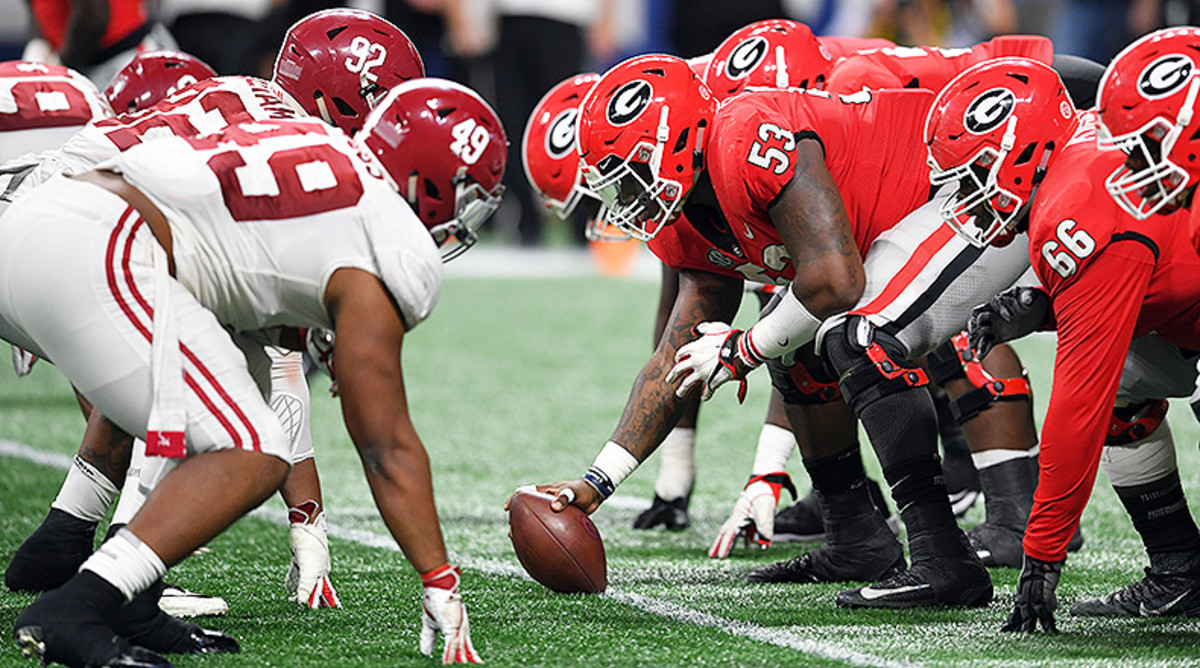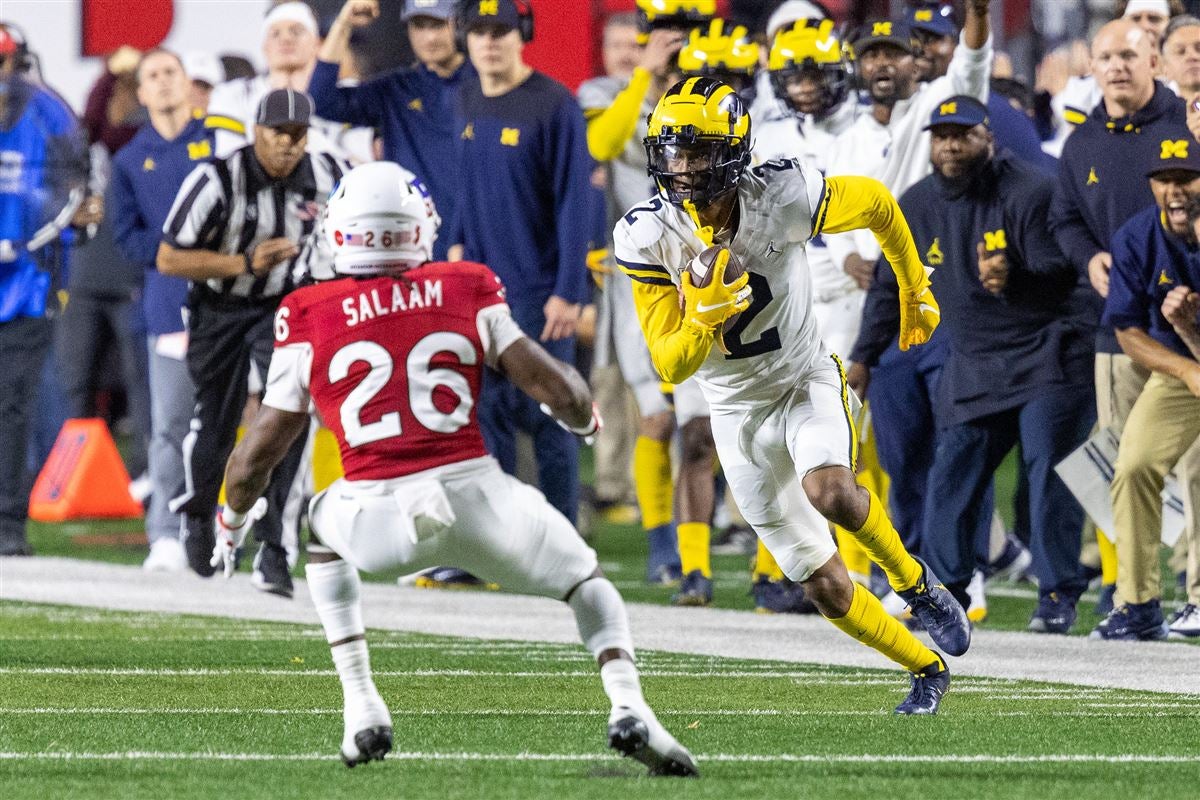The Complexity of College Football: Navigating the Impact of the Transfer Portal and NIL

Exploring the ever-evolving landscape of college football, it's impossible to overlook the impact of recent changes like the transfer portal and NIL. While these alterations were meant to benefit athletes, they have inadvertently created a myriad of new challenges.
The dilemma lies not in the lack of creativity in addressing issues within the sport, but rather in the intricate web of rules that have long been skirted by those involved in college football. The NCAA's attempts to regulate the system are often futile as the culture of rule-breaking is deeply ingrained.
Although NIL was envisioned as a positive development, it has essentially become a legalized method for boosters to funnel money to players, a practice that was already prevalent under the table. Even if a system were implemented to pay players, the allure of under-the-table benefits would persist.
In a similar vein, the transfer portal has reshaped the landscape of player mobility in college sports. While giving athletes opportunities to find better fits is beneficial, the process has created avenues for larger schools to poach talent from smaller programs, leading to a fundamental imbalance in the sport.
As long as the rewards for circumventing the rules outweigh the consequences, the status quo in college football will persist. While the official regulations may paint one picture, the reality behind the scenes tells a different story, one where loopholes are exploited and shadowy dealings persist.
The sport's willingness to operate in this dualistic manner stems from its adeptness at bending the rules. Until a paradigm shift occurs, college football will continue to exist in this state of contradiction.



